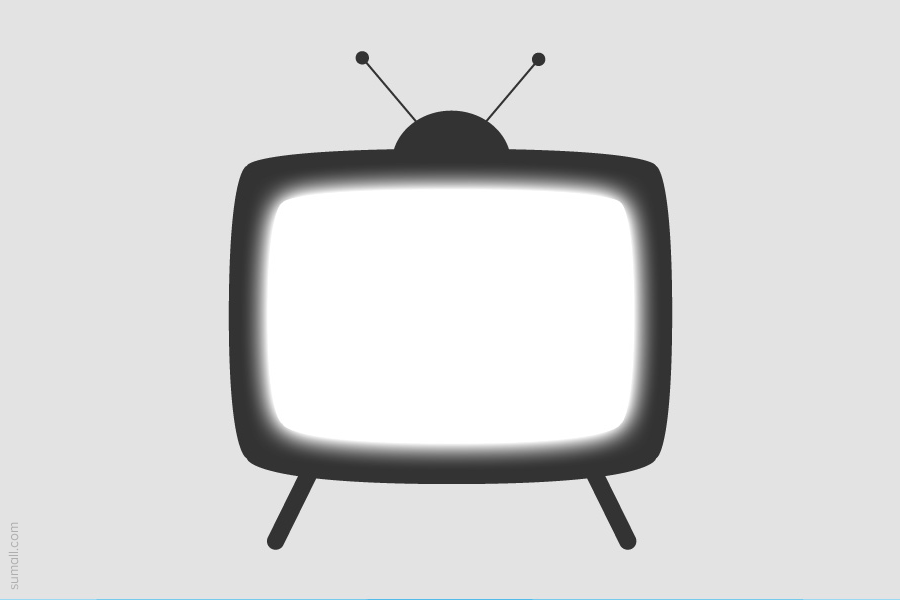Is TV Becoming More Accepting of Death?
From the Huffington Post
What if someone you love died and came back to life… 32 years after the fact?
That’s the premise of “Resurrection,” a widely advertised primetime drama premiering March 9 on ABC. The show takes Americans into a small Missouri town where residents experience the return to life of long-dead family members and loved ones.
These aren’t zombies or vampires, though this fantasy is just as jarring. In the first episode, Jacob, an 8-year-old child who drowned a generation ago, mysteriously wakes up in a field in China. A federal agent eventually brings him back home to his now elderly parents. Though Jacob has the face and body of a different boy they don’t recognize, his memories of Mom and Dad match with the ones they have of their lost son. Each episode highlights a similar tale of emotional perplexity.
The show, which is kicking off with a striking ad campaign in American cities — black roadside and transit billboards simply read “Did I really die?” — is just one of a number of programs centered around death that have made their way to networks in recent years. They range from reality shows like last fall’s “Time of Death,” a Showtime documentary series about terminally ill patients, to comedies like “Getting On,” a recent six-episode HBO series about a nursing home where death, dementia and the frailty of aging were on full display. On TLC, the popular reality show “Best Funeral Ever” showcases extreme and unusual end-of-life ceremonies, including a Texas funeral that took place in a bowling alley. In Canada, a fledgling effort calledDeathNetworkTV aims to offer 24-hour online programming about death, from palliative care to cryogenics.
Just as “The Cosby Show” helped break racial barriers on TV in the ’80s, and “Will and Grace” helped to bring gay characters into the mainstream in the late ’90s, has death now reached its moment on TV?
“Television isn’t always so good at depicting death, aside from violent murders and mysterious disappearances. We don’t often see funerals, we don’t often see mourning, and we don’t often see people just coping with dying or thinking about it the way we do it real life,” said Gail Rubin, author of A Good Goodbye: Funeral Planning for Those Who Don’t Plan to Die and the host of a podcast by the same name. “But there is a bit more of it happening these days, and I believe it’s helping at least bring up some ideas about dying to people who may not have thought about it much before.”
“Over the last decade, death seems to have crept upon the TV scene,” she added, pointing to such popular shows as “Dead Like Me,” a comedy-drama about grim reapers in Seattle, “Pushing Daisies,” about a man who could bring the dead back to life with a simple touch, and the hit series “Six Feet Under,” which followed a family of undertakers and opened each episode with a death. In more recent years, hits such as “The Walking Dead” and “True Blood” have both capitalized on and helped further a cultural resurgence of interest in the “undead.”
Nobody specifically tracks death themes on TV, and while media scholars have long examined the role of TV in shaping culture and vice versa, fewer thanatologists — those who study death — have taken a close look at the role of death in popular broadcasts. FuneralWise, a Chicago-based funeral planning and resource company, used to do an annual survey of how death was depicted on TV. The final study, released a year ago, found portrayals of death to be on the rise, but noted that they were usually limited to the deaths of men in action and adventure shows. Funerals, mourning and dwelling on the emotional or spiritual impact of death were all rare, FuneralWise co-founder Richard Paskin told The Huffington Post.
There’s also disagreement about portraying death on TV. Parents’ organizations have regularly criticized more violent shows, saying they could negatively impact kids, while some Christians have praised the themes of redemption and good versus evil that often appear on death-centric programs. “Resurrection,” whose title alludes to Jesus Christ’s return from death, has yet to attract any major protest and doesn’t wade deeply into religious themes, though spiritual questions are ever-present.
“There’s a hunger people have for these kinds of programs, for these ways to have death vicariously explained and presented to them. We want to play the ‘what if someone came back to life’ game, we want see a funeral family, though we don’t necessarily want death to come knocking upon our own door tomorrow,” said David Kessler, who runs Grief.com and is the co-author of You Can Heal Your Heart: Finding Peace After a Breakup, Divorce, or Death. “Television is a really good way of giving of a bit of an education, and giving you this space to think through questions.”




